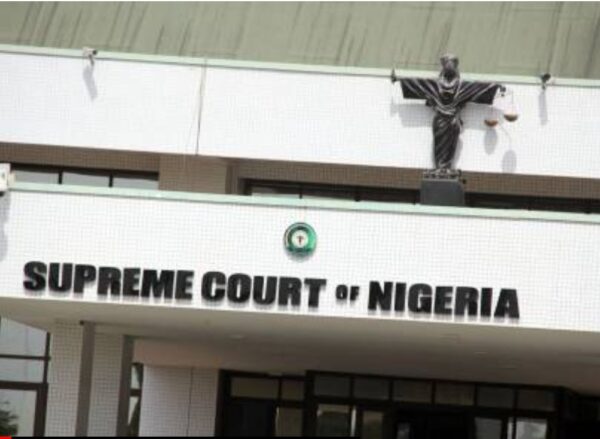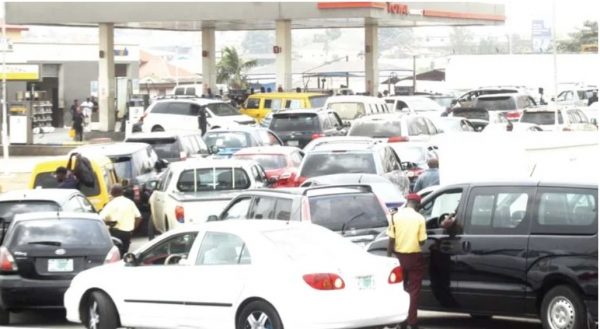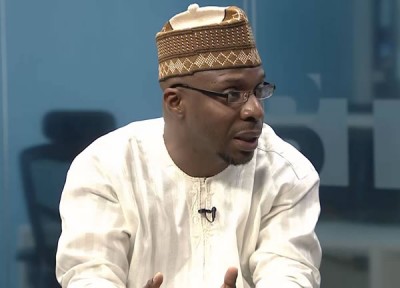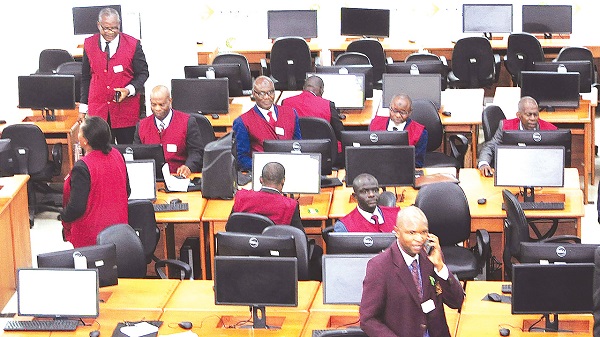Economy shrank by 1.5% in 2016 – NBS
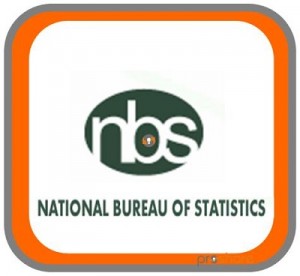 The National Bureau of Statistics on Tuesday released the Gross Domestic Product growth rate for the country, with the economy recording a contraction of -1.3 per cent in the fourth quarter of 2016 and – 1.5 per cent for the year.
The National Bureau of Statistics on Tuesday released the Gross Domestic Product growth rate for the country, with the economy recording a contraction of -1.3 per cent in the fourth quarter of 2016 and – 1.5 per cent for the year.
The NBS explained that in real terms, the economy recorded a decline of N240.8bn from N18.53tn in the fourth quarter of 2015 to N18.29tn in the fourth quarter of last year.
The negative growth of 1.3 per cent in the fourth quarter of last year, according to the NBS report, is less severe than the -2.24 per cent decline recorded in the third quarter.
This, according to the report, implies that the economy is beginning to show signs of recovery.
It read in part, “In the fourth quarter of 2016, the nation’s Gross Domestic Product contracted by -1.30 per cent (year-on-year) in real terms, from N18.53tn in Q4 2015, to N18.29tn.
“This decline was less severe than the decline recorded in the previous quarter of -2.24 per cent, but was nevertheless lower than the growth rate reversed in the final quarter of 2015 of 2.11 per cent.”
The GDP growth rate for the first, second and third quarters of 2016 was -0.36 per cent, -2.06 per cent and -2.24 per cent.
For the full year, the NBS stated that the GDP growth rate contracted by -1.51 per cent on the average, indicating real GDP of N67.98tn for the year.
The NBS report said that the contraction reflected a difficult year for Nigeria, which included weaker inflation-induced consumption demand and an increase in pipeline vandalism.
Other challenges facing the economy, according to the NBS, are reduced foreign reserves and a concomitantly weaker currency, and problems in the energy sector such as fuel shortages and lower electricity generation.
On sectoral performance, the NBS said the reduction in oil production largely attributable to vandalism of critical infrastructure in the Niger Delta region led to a contraction in the sector by -3.65 per cent.
This, it added, reduced its share of the real GDP to 8.42 per cent last year compared to 9.61 per cent in 2015.
For the non-oil sector, the report stated that it declined by -0.33 per cent in real terms in the fourth quarter of 2016.
Reacting to the development, analysts said the economy was recovering faster than what was projected by international financial institutions.
The Head, Banking and Finance Department, Nasarawa State University, Keffi, Uche Uwaleke, said the economy was showing signs of recovery, adding that the expectations that it would be out of recession this year would be realised at the current pace of growth.
“It means there is an improvement and things are getting better. Before now, the rate of decline has been rising, and for the first time in nine months, the rate of decline is reducing, which goes to show there is hope; and before the year runs out, we will record a positive growth of the GDP,” Uwaleke stated.
The Registrar, Chartered Institute of Finance and Control of Nigeria, Mr. Godwin Eohoi, said if the government continued to implement the capital component of the budget, then the rate of economic recovery would be fast-tracked.
He said, “If government continues to run the 2016 budget, the rate of decline will be faster for the economy.
“Throughout 2016, the sector that was not hard hit despite the drop in GDP was agriculture, because while other sectors were recording negative growth, agriculture was not seriously affected and this tends to show that the policies of government in the area of agriculture are yielding results.”



